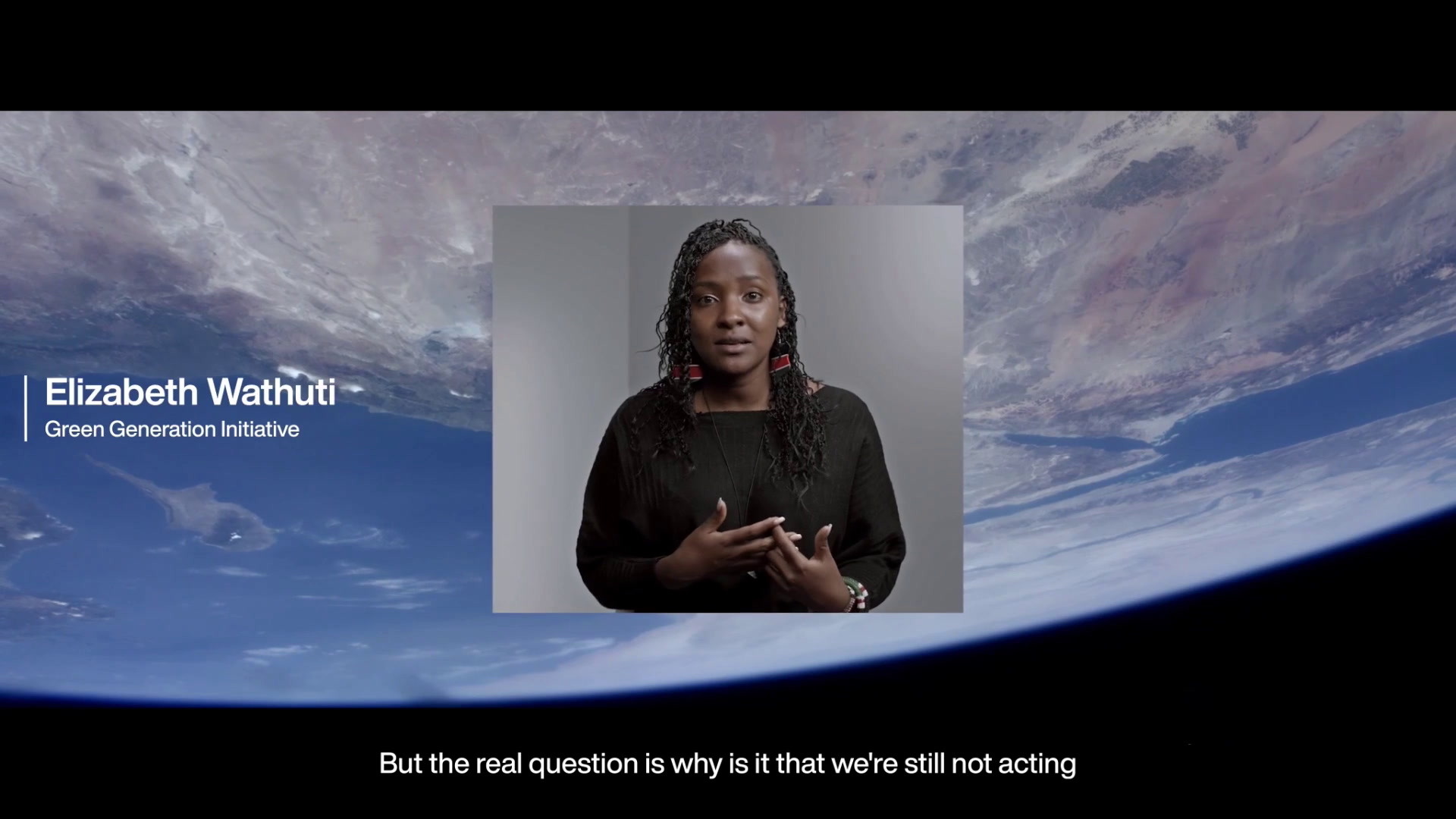How to stem the rise of Islamic extremism


Get involved with our crowdsourced digital platform to deliver impact at scale
Stay up to date:
Roles of Religion
The rise of religious radicalism and the spread of hate crime are not confined to particular geographical boundaries, and pose a truly global challenge. Extremist interpretations and narratives of Islam, though still representing a small minority of the faithful, cannot be written off as simply “un-Islamic”. It is a reading of Islam that strikes a chord with a disillusioned, angry, alienated but often educated cohort of Muslim youth. This brand of extremism includes a range of views, some resorting to violent means and others merely advocating hateful beliefs and value systems.
For many within this worldview, Islam is an “authentic” and self-defining narrative that can be used to justify extreme violence. All texts including religious ones are subject to interpretation and we need to offer the core peaceful narrative. Other factors have helped to fuel the spread of extremism. First, within the context of families, communities and the education systems, messages that extremists disseminate are not always effectively countered. Second are the economic issues and difficulties that many of these communities and individuals face, both in Europe and in the region. Third is the political context in many Muslim countries that generate extreme sense of antipathy to and exclusion from the political order and societal channels of self-expression. Lastly and by no means the least is foreign intervention in many Muslim lands, often resulting in extreme and everlasting violence which reverberates across many diaspora and immigrant communities in the Western world.
To combat this global phenomenon, universal and particular approaches must be pursued. First, the long-term solution must begin with reaching out to communities and families as partners, not as targets; as human beings and agencies, not as suspects. Law enforcement, counter-terrorism measures and penal and legal instruments are necessary but not sufficient for the long haul. The outreach should help families and communities hear authentic narratives of Islam which promote peace, mercy and the real practice of Prophet Muhammad (PBUH). To achieve this, honest working relations with local Imams and community leaders are necessary.
Secondly, and related to the first issue, is the need to bring together the highest authorities of Islam from different schools to articulate the competing narrative that is both “authentic” and indeed practiced by the vast majority of Muslims. Interfaith dialogues that bring together different religious leaders should be accompanied by grassroots interfaith interaction, not simply to facilitate assimilation but to enhance understanding and respect for particularities and correct the distorted image of Islam and Muslims. Thirdly, social services of religious institutions and life styles of community leaders can play a vital role in shaping youth’s perception and behaviour. This approach has been largely neglected in our efforts to build communities more resilient to messages of hatred and intolerance. At the same time, intra-faith dialogue must be pursued to respond to challenges of sectarianism and misunderstanding.
Fourth is to tackle the structural problem of economic exclusion, which does not lend itself to one-size-fits-all solutions and require government and private-sector coordination and contribution. Last is the representation of Islam and Muslims in the media and entertainment industry. The constructed and often distorted image of the religion over the last decade has led to increasing Islamophobia and the amplification of the already-felt sense of exclusion, discrimination and identity crisis by many young people.
We have to engage the industry without infringing the tenets of free speech and expression. A multifaceted approach must bring all these players – including states in the Middle East and North Africa – together to face the menace of radicalism and violent extremism.
Author: Dr Ahmad Iravani, President and Executive Director, Center for the Study of Islam and the Middle East (CSIME), Fellow at the Catholic University of America, and a member of the Global Agenda Council on the Role of Faith.
Image: The sun sets over the minarets of mosques on the 12th day of the holy fasting month of Ramadan, in Old Cairo July 21, 2013. REUTERS/Amr Abdallah Dalsh
Don't miss any update on this topic
Create a free account and access your personalized content collection with our latest publications and analyses.
License and Republishing
World Economic Forum articles may be republished in accordance with the Creative Commons Attribution-NonCommercial-NoDerivatives 4.0 International Public License, and in accordance with our Terms of Use.
The views expressed in this article are those of the author alone and not the World Economic Forum.
Related topics:
The Agenda Weekly
A weekly update of the most important issues driving the global agenda
You can unsubscribe at any time using the link in our emails. For more details, review our privacy policy.
More on Roles of ReligionSee all
Noorzehra Zaidi
March 28, 2023
Natasha Mikles
November 4, 2021
Claire Jenik
August 26, 2021
Menna A. Farouk
August 26, 2021
Philip Pullella and Giulia Segreti
July 12, 2021






